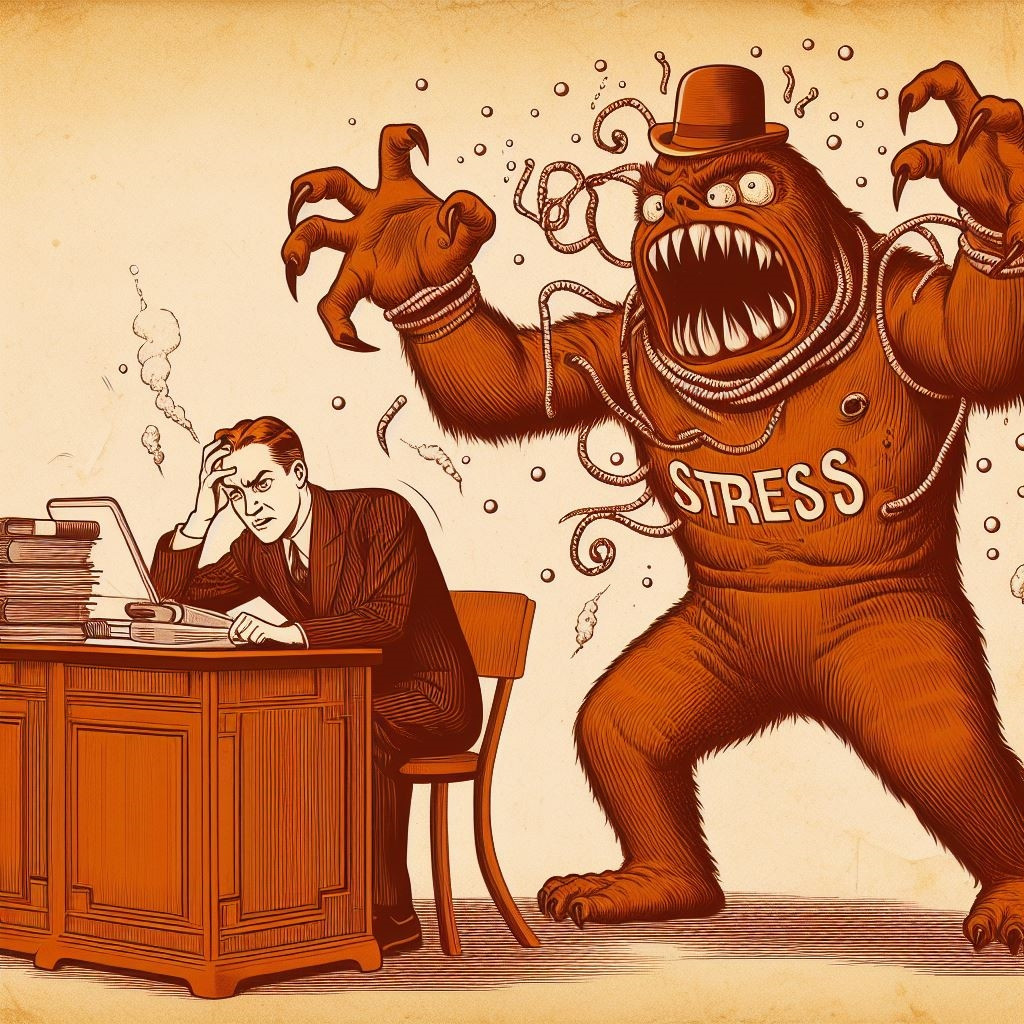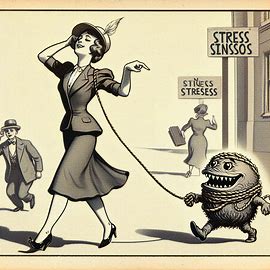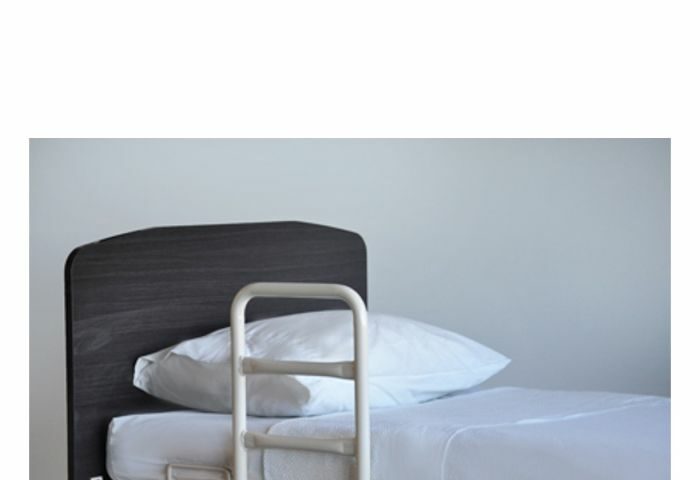
Lloyd I. Sederer, MD’s book, “Caught in the Crosshairs of American Healthcare,” (Jan. 2024) provides an inspiring true story of how a small group of dedicated leaders achieved radical and relentless change to save McLean, Harvard’s historic psychiatric hospital. In this book, Dr. Sederer delves into several critical aspects related to healthcare transformation:
- Proving Clinical Improvements:
- Dr. Sederer finely details how to demonstrate clinical improvements. While the specifics may vary, the general approach involves rigorous measurement, data analysis, and evidence-based practices.
- Change Ideas: Solutions in quality improvement are often referred to as change ideas or change concepts. These are well-defined interventions aimed at addressing specific issues. By implementing and testing these ideas, organizations can assess their effectiveness.
- PDSA Cycles: To determine if change ideas lead to improvements, they need to be tested using Plan-Do-Study-Act (PDSA) cycles. These cycles involve planning, implementing, observing results, and making adjustments based on what is learned.
- Improvement Science: Dr. Sederer emphasizes using principles from improvement science to guide these efforts. Improvement science focuses on systematic approaches to achieving better outcomes.
- Other Key Topics Covered:
- Corporatization of Medicine: The book sheds light on how profit motives sometimes take precedence over patient care.
- Insurance Hurdles: Dr. Sederer discusses the challenges posed by insurance systems.
- Equitable Health Systems: The book highlights the broken and inequitable health and mental health systems of care.
- Impact and Relevance:
- The story of McLean’s revival serves as an untold chapter in the history of a celebrated American hospital.
- Dr. Sederer’s insights provide inspiration for leadership succeeding in the face of challenges.
- By sharing this account, he contributes to reshaping the destiny and relevancy of institutions and communities.
In summary, “Caught in the Crosshairs of American Healthcare” offers valuable lessons on improving healthcare, proving clinical effectiveness, and advocating for positive change. 🌟🏥📚123.
Certainly! Let’s delve deeper into the principles of evidence-based practice and improvement science, along with additional insights from “Caught in the Crosshairs of American Healthcare.”
- Evidence-Based Practice (EBP):
- Definition: EBP integrates the best available research evidence with clinical expertise and patient values. It ensures that decisions about healthcare are based on reliable evidence1.
- Key Principles:
- Best Available Evidence: EBP relies on high-quality research findings, systematic reviews, and clinical guidelines.
- Clinical Expertise: Clinicians combine their professional judgment and experience with evidence.
- Patient Values: Patient preferences and individual context guide decision-making.
- Knowledge Translation: EBP involves translating research into practice.
- Continuous Learning: Clinicians stay updated with evolving evidence.
- Application:
- Identify areas for improvement (e.g., falls prevention, medication safety).
- Collaborate with quality teams and researchers.
- Address barriers and enablers to change.
- Measure outcomes using appropriate tools.
- Clinical Guidelines: Adhere to accepted clinical guidelines or pathways1.
- Best Available Evidence: Rely on high-quality research findings and systematic reviews.
- Effective Clinical Pathways: Implement, monitor, and evaluate evidence-based clinical pathways1.
- Accountability: Clinicians are accountable for their practice and compliance with guidelines.
- Improvement Science:
- Definition: Improvement science focuses on systematically exploring what works to enhance quality in healthcare. It emphasizes iterative measurement, learning, and continuous improvement2.
- Key Principles:
- Iterative Process: Improvement science involves cycles of planning, testing, and adapting changes.
- Driver Diagrams: These visual tools map out the key drivers (change ideas) that lead to desired outcomes
- Credentialing: Formal process to verify clinician competence and suitability for safe care2.
- Scope of Clinical Practice: Define individual clinicians’ practice based on credentials, competence, and organizational needs.
- Performance Development Programs: Identify and address performance issues, set goals, and ensure continuing education1.
- 14 Steps to Improvement:
- Identify a Problem: Choose an area for improvement (e.g., falls, malnutrition).
- Select Evidence-Based Interventions: Based on best practice guidelines.
- Collaborate with Experts: Work with quality teams and researchers.
- Identify Barriers and Enablers: Understand obstacles and facilitators.
- Create a Flowchart: Map existing care processes.
- Collect Baseline Diagnostic Data: Understand the current state.
- Brainstorm with Affinity Diagrams: Generate ideas.
- Develop Driver Diagrams: Link drivers to outcomes.
- Plan-Do-Study-Act (PDSA) Cycles: Test changes incrementally.
- Spread and Sustain Improvement: Extend successful changes.
- Measure Impact: Use outcome, process, and balancing measures.
- Interpret Run Charts, Pareto Charts, and Histograms: Analyze data34.


